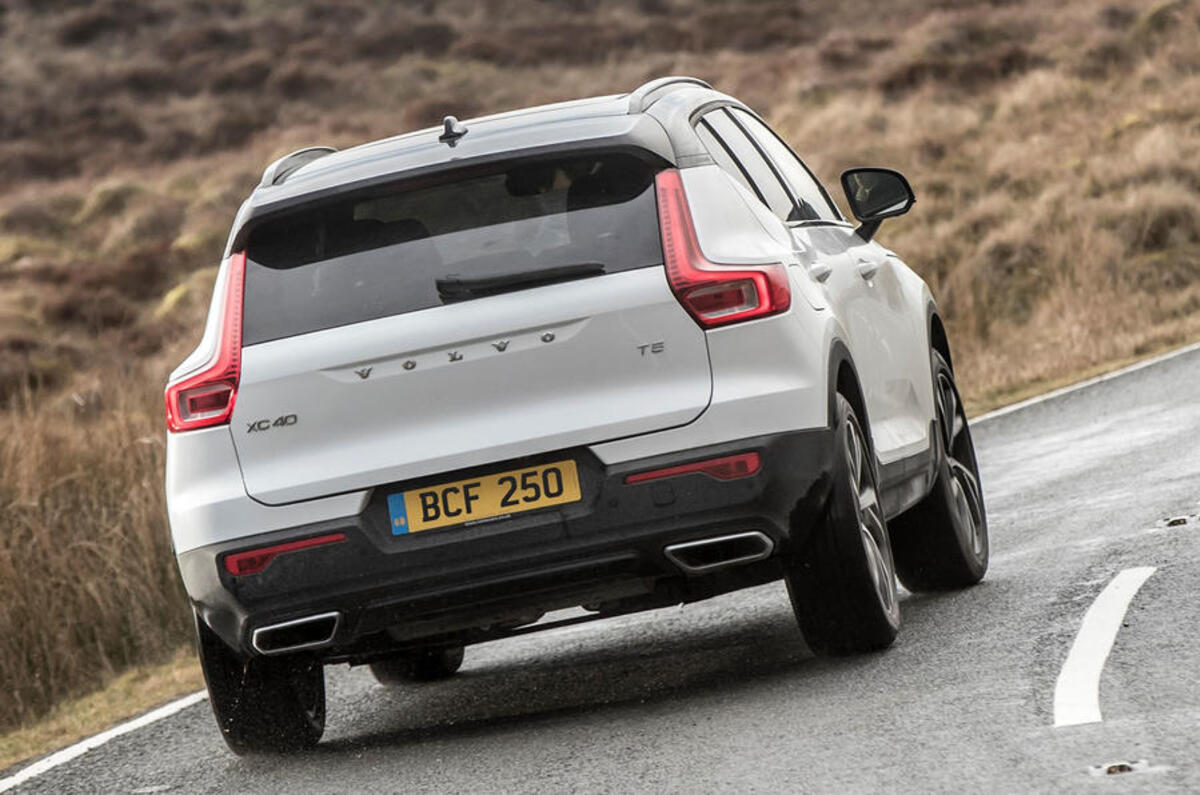Volvo will move away from its current model nomenclature convention by giving future models names, rather than numbers, company boss Hakan Samuelsson has confirmed.
The Swedish manufacturer recently unveiled the Concept Recharge that previews the XC90 successor due next year. At that launch, Samuelsson said that Volvo would diverge from its long-running XC nomenclature for SUVs by giving the new car “a name, like a child”.
Asked by Autocar about Volvo’s model naming strategy, Samuelsson that next-generation models that follow the Volvo XC90 successor will also be given more 'emotional' names.
“If you look at cars today, all of them are very ‘engineeredly’ named: XC, T8, All-Wheel-Drive, double overhead cams – it’s all specification on the rear of many cars,” said Samuelsson.
“We’re talking about a totally new architecture, a new-generation of born-electric, all-electric cars with central computing. It’s good and clear to mark that this is a new beginning, and that’s why we’re not going to have numbers and letters, an engineering type of name. We’re going to give them a name as you give a newborn child a name.”
Samuelsson said that the name for the XC90 successor had not been finalised and that “we have a very interesting and creative discussion going on”.
With a few exceptions, Volvo has used a numeric or alphanumeric-based nomenclature throughout its history. It adopted its current system in 1995, using S for saloons, V for estates, C for hatchbacks and coupés and XC for SUVs, followed by a size-based number.
Volvo’s switch to model names bucks an industry trend towards alphanumeric titles, which are considered easier to standardise worldwide. Volkswagen, for example, is using model numbers for its ID electric car range, instead of the names such as Polo, Golf and Tiguan used for its ICE models.
Volvo targets further growth after strong sales results
Volvo sold 380,757 cars in the first six months of 2021, a 41% year-on-year change from the pandemic-hit first half of 2020. More significantly, that's almost 40,000 more than Volvo sold in the first half of 2019.
Added to the final half of 2020, Volvo has a 12-month ‘rolling sales total’ of 775,000 cars, which the firm has targeted growing to 1.2 million sales a year by the middle of this decade.









Join the debate
Add your comment
> giving the new car “a name, like a child”
Or like other cars, you pretentious twit.
Is this really worthy of an article.